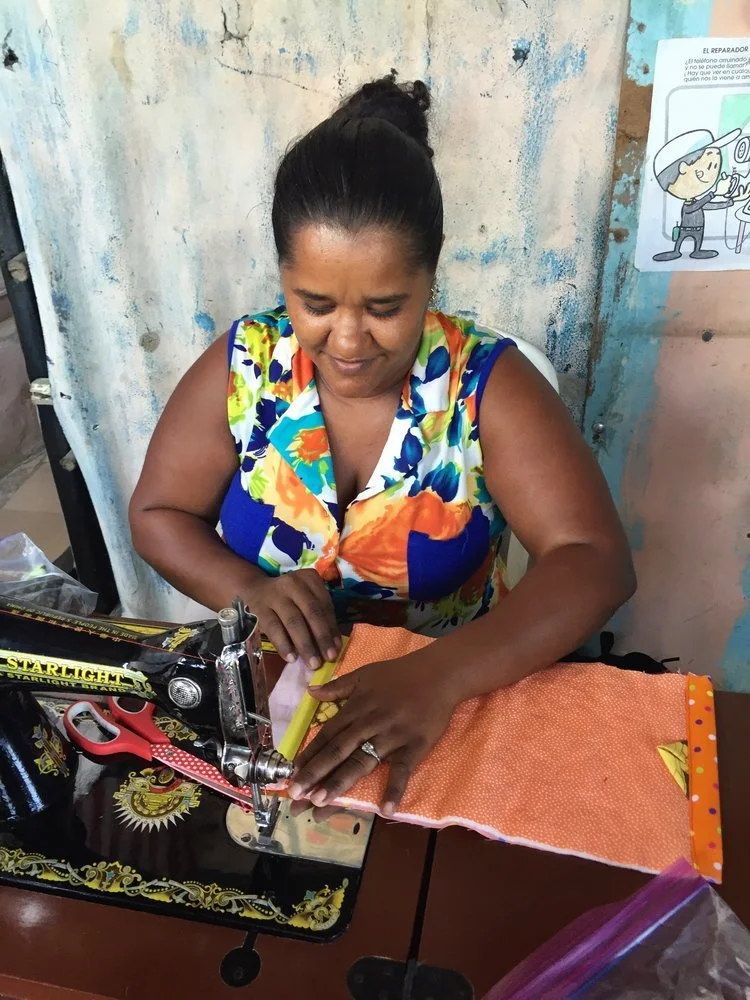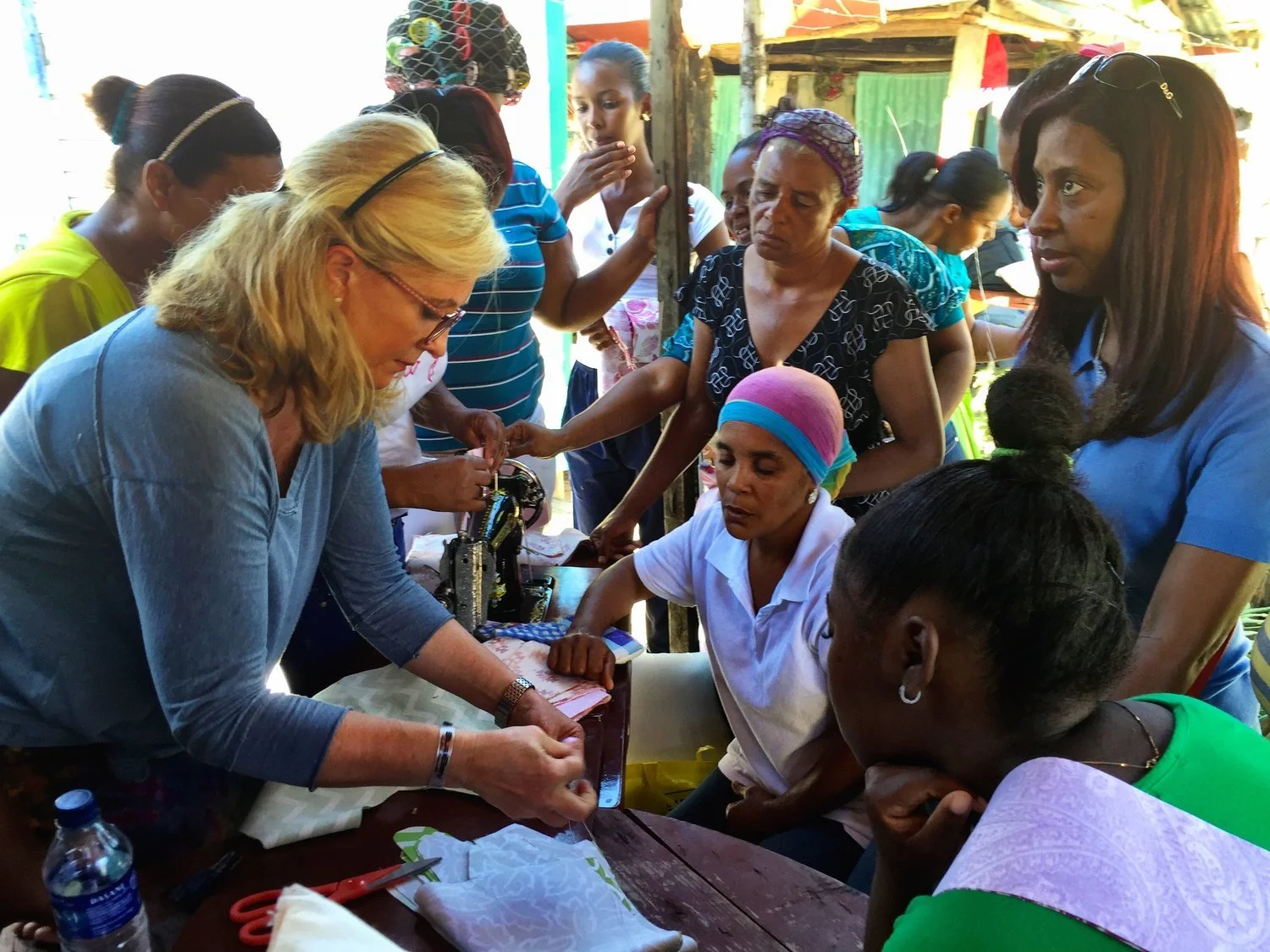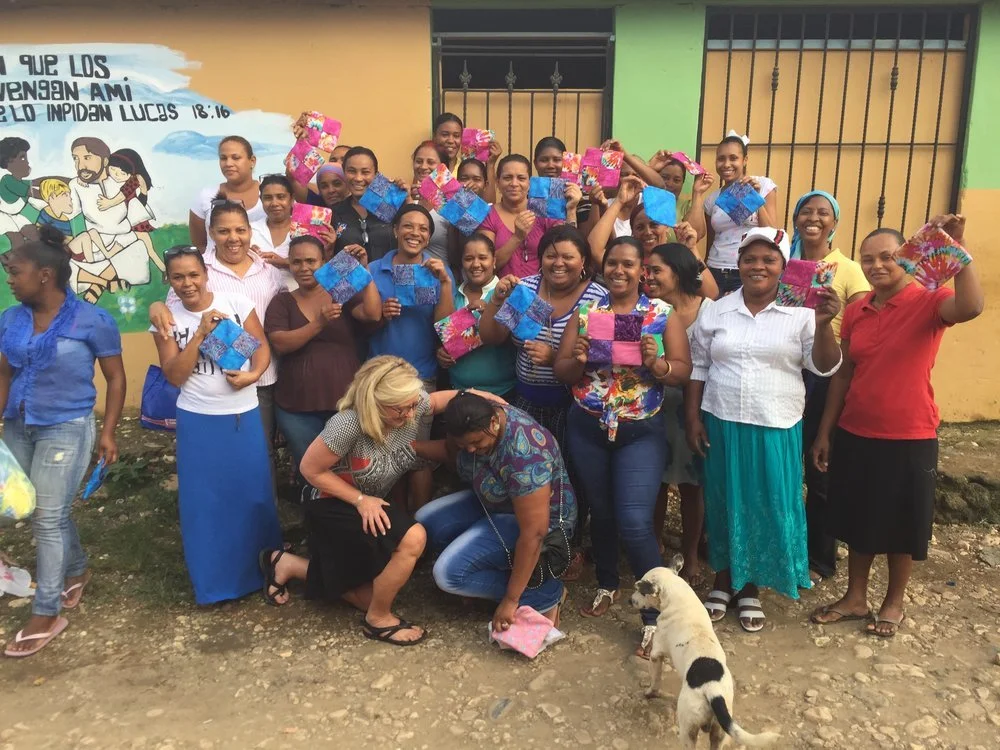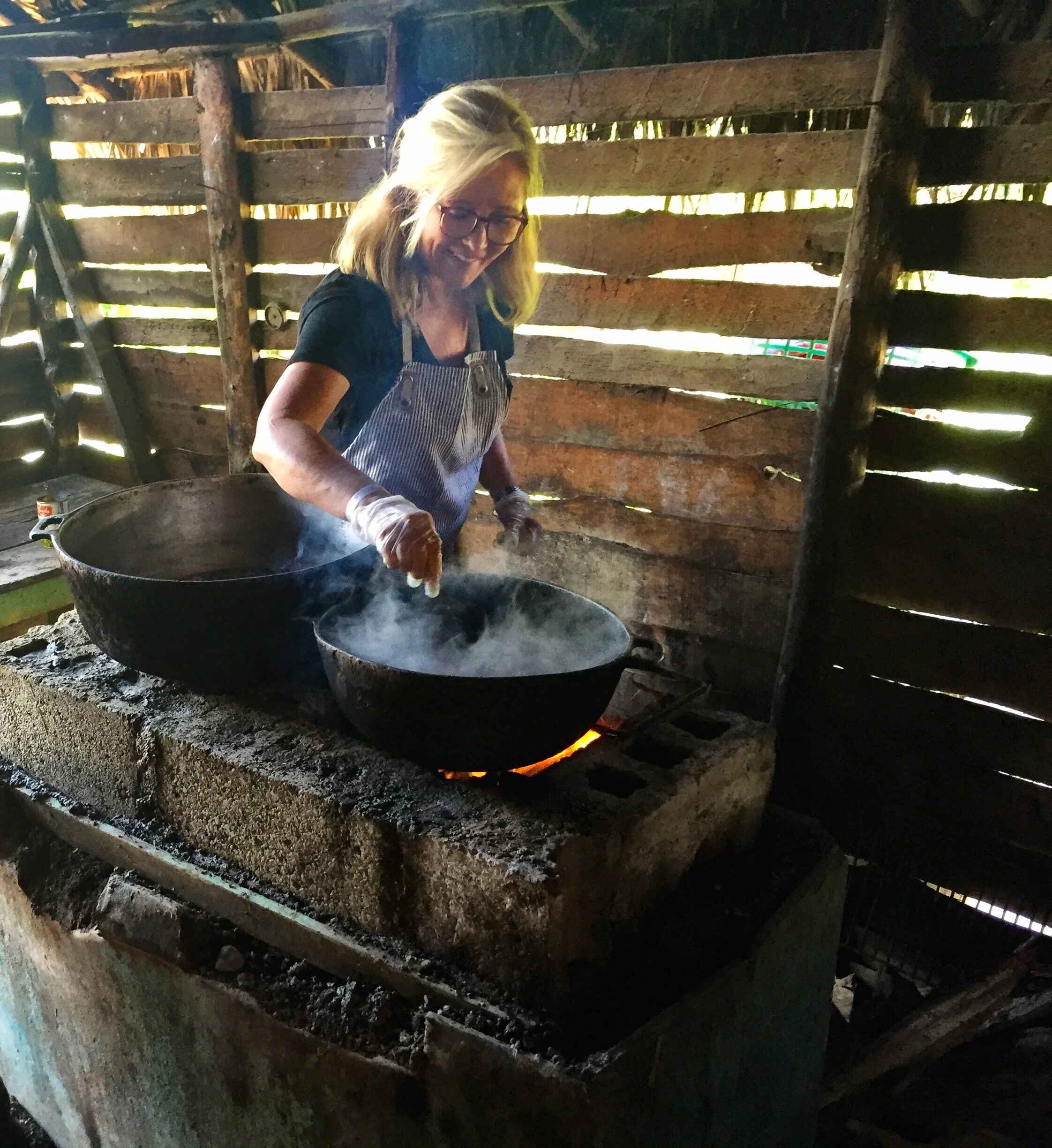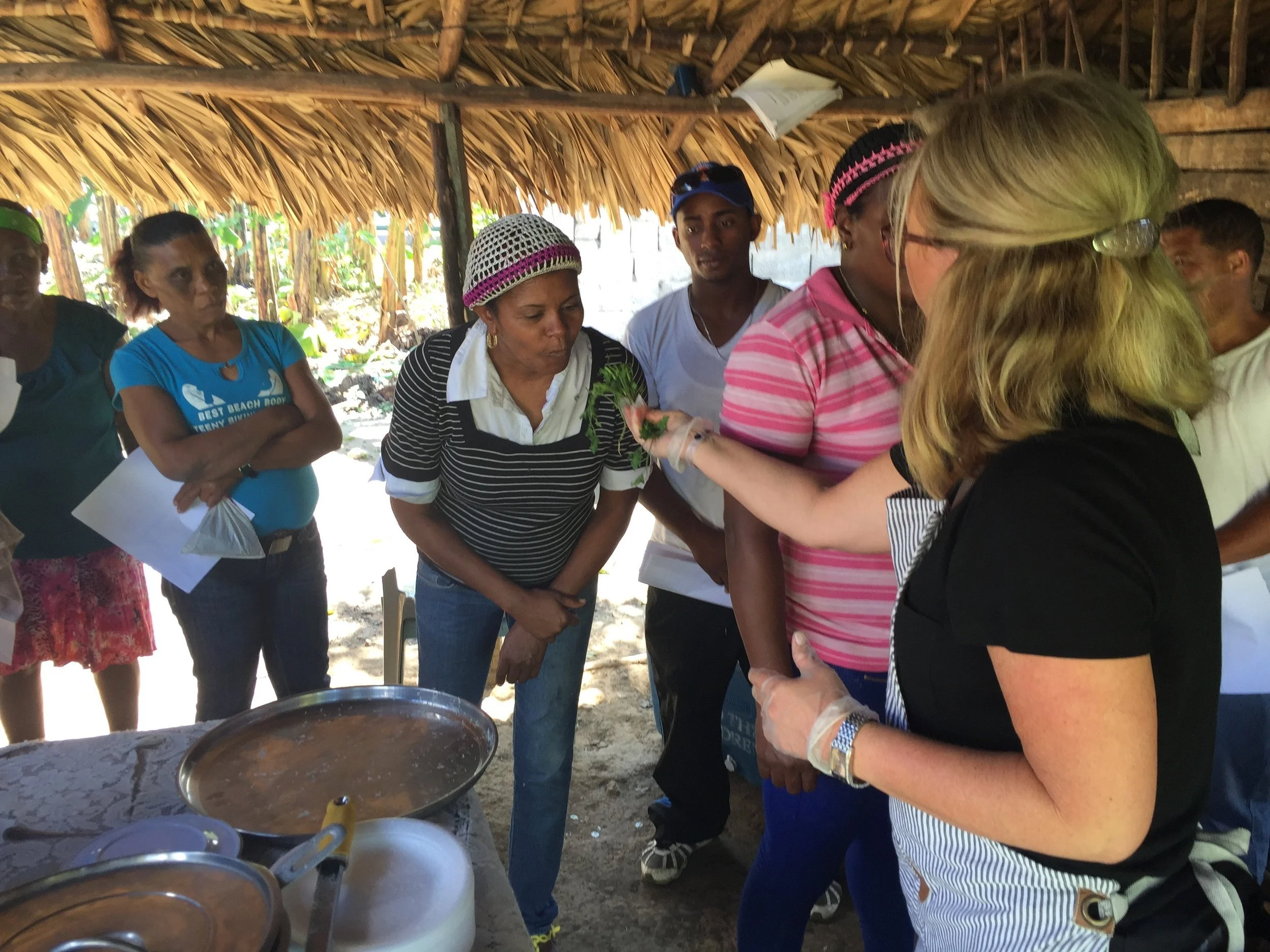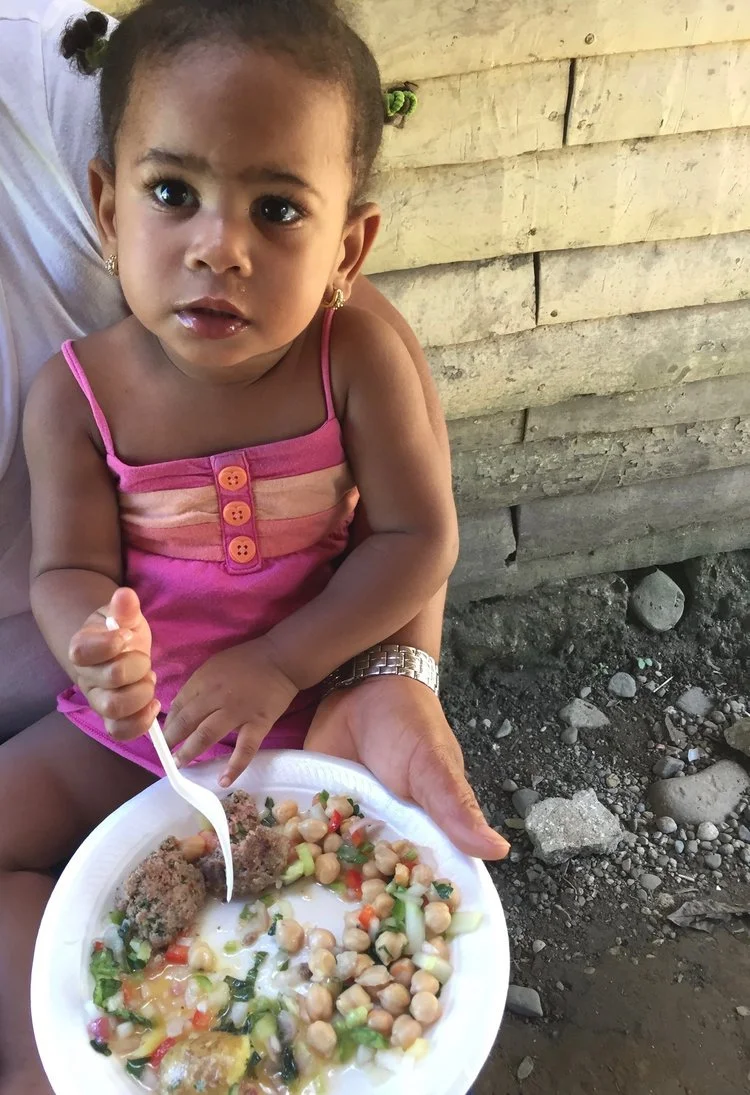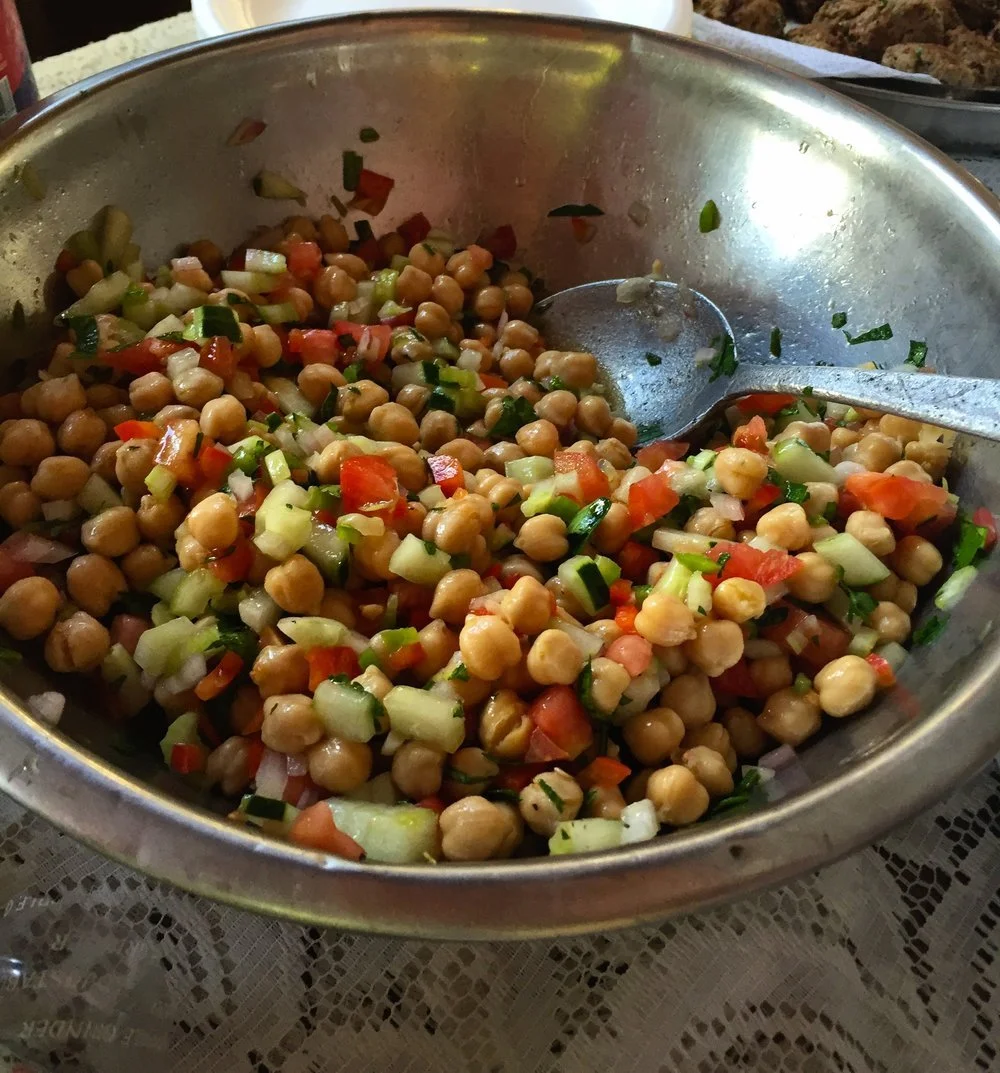Doing Good in the Dominican Republic
Of all the times I traveled to various Caribbean islands, my two visits to Dominican Republic were the most memorable and rewarding. For many years my former husband and I have supported micro-finance organizations around the world. Micro-finance is a banking service designed to provide small loans and savings programs to low-income people so they can start their own small businesses, particularly in impoverished countries. These programs are utilized mostly by women who have skills, but no capital to purchase supplies for their business. For example, a woman might get a loan to purchase chickens so she can sell eggs, a bicycle to be a courier in the village, or a sewing machine to sew clothing. Hope International in Lancaster, Pennsylvania is the micro finance organization I have worked with closely, and it is from them that I learned how effective these small loans and savings programs are.
When my children were young we took them to Dominican Republic to visit a community where a partner of Hope International called Esperanza was working with a group of women who had started businesses with micro loans. Each week the women meet in small groups to make payments on their loans. There was a representative who collected the small payments and kept records in booklets each woman brought to the meeting. She also offered business advice and led discussions about parenting and health concerns. If someone in the group was unable to make a payment, or unable to attend the meeting, the other women had to make the payment for her. This process creates accountability and a community that is hugely successful. We visited the homes of one woman who had a store in her small house. She had 2 shelves that held items like a toothbrush, eggs, and candy, and she sold them through the window. Another woman carried a cardboard box around the village selling empanadas.
Several years after that first visit, I emailed Esperanza and asked if I could send a donation so they could purchase sewing machines for women to learn to sew as a business. After a long chain of emails, I was asked to go to Dominican Republic to teach sewing and cooking so some of the women in a village near Sosia. From the donation they were able to purchase ten treadle sewing machines and hire a local seamstress to teach women how to sew. Because there was no electricity, the sewing machines were set up outside, so they had plenty of light. As the guest teacher, I taught twenty-nine women on ten machines, but I soon realized that teaching them to sew by hand was more useful since most of them wouldn’t have access to a sewing machine at home. Over the course of three days they each made a potholder, coin purse, and tote bag from fabrics I had brought from home.
I spent the remainder of my visit teaching cooking classes in two different villages. Each class had nearly thirty women in attendance, and I cooked with no electricity or running water. My goal was to teach three dishes using ingredients they grew or could get in their market. When I shopped for the food I would need, I discovered they didn’t have lemons, which was the main ingredient for lemon meatballs, one of the dishes I had planned to teach. I learned that lemons weren’t available on the island, but limes were in abundance, so I decided we would make lime meatballs. The first day I was scheduled to teach, my assistant from Esperanza drove me toward the village. There was a bridge that had washed out the night before during a rainstorm and we couldn’t cross the river by car. She made a phone call and two motorbikes arrived to take us across the river to the village. We carried all the food and pans I had purchased and rode on the back of the bikes over the rocky riverbank and 2 miles into the jungle. It was quite an adventure!
We arrived at a small house with dirt floors and a tin roof where a woman named Victoria lived. Outside, there was a covered area with a fire pit made from concrete blocks and metal rods. Victoria had built a fire, and a huge iron pot was heating over it. Thirty women were waiting for my cooking class where I taught with the help of my assistant who was also my translator, since none of the women spoke English. Using the ingredients I had found at the market, I made two salads and over a hundred lime meatballs. As I fried them in the iron pot, the heat was so intense, my eyes watered to the point I could barely see. The women sang gospel songs and fanned me with their paper recipes, while wiping my eyes with their scarves. The aroma had wafted into the village and more people arrived to see what was happening at Victoria’s house. I don’t know how many people I fed that day, but it was one of the happiest days of my life. And although lemon meatballs are common in Italy where I learned to make them, I will always prefer them made with limes.
A year later, I felt the need to return to Dominican Republic to teach more cooking classes to women in micro finance programs. Esperanza asked me to go to a different part of the island near Samona, where they were assisting more women in micro finance programs. This time, prior to arriving, I asked if they ask the women if they had anything specific they’d like me to teach. The loan officer met with the women in one of their weekly meetings and asked what they’d like to learn. Their answer was “Italian!”. I was intrigued by their request since most of them didn’t have electricity to watch television, but somehow they knew about Italian food and were eager to learn something about it. I wasn’t sure if they could get dried pasta in their market, but I knew they grew lots of potatoes. It became obvious that I should teach them to make gnocchi, the tender dumplings made from potatoes, flour, and water. My friend, Lori asked to go with me, and for three days we taught over a hundred women how to make gnocchi and three different sauces, including sausage ragu, browned butter, and muddled herbs. Again, we cooked outside, boiling the potatoes on a two-burner gas stove that we carried each day to class. The women rolled gnocchi on long wooden tables, cutting the soft dough and dropping it into boiling salt water. We feasted on gnocchi and marveled that in a hundred years the national food of Dominican might be gnocchi, as long as they passed on their gnocchi-rolling skills to the next generation.
The culture of the Dominican Republic isn’t that different from the rest of the Caribbean islands where the beaches are lined with luxury hotels filled with tourists who have no idea that just blocks away are villages with people who live in poverty. The women I met were so joyful and eager to make a living to support their families. They are skilled and hard-working but have few options. I’m thankful for organizations like Hope International and Esperanza that give people the opportunities to start their own businesses. I’m sure I learned more from the women I taught than they learned from me. I not only gained an appreciation for cooking with few resources and a language barrier, but I also learned that Italian food tastes just as good in the tropics as it does in Italy.


